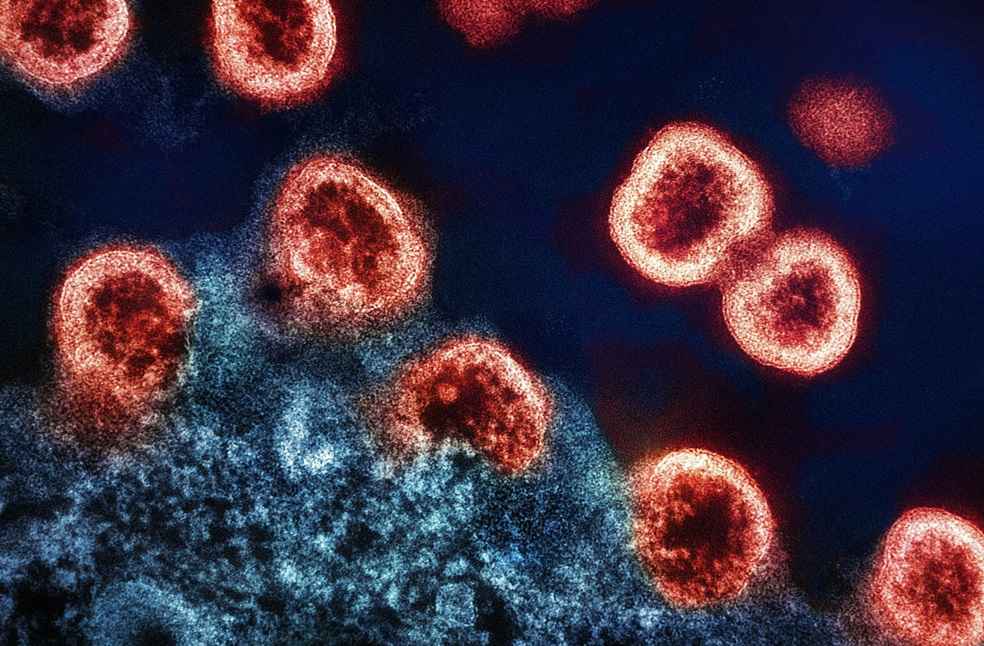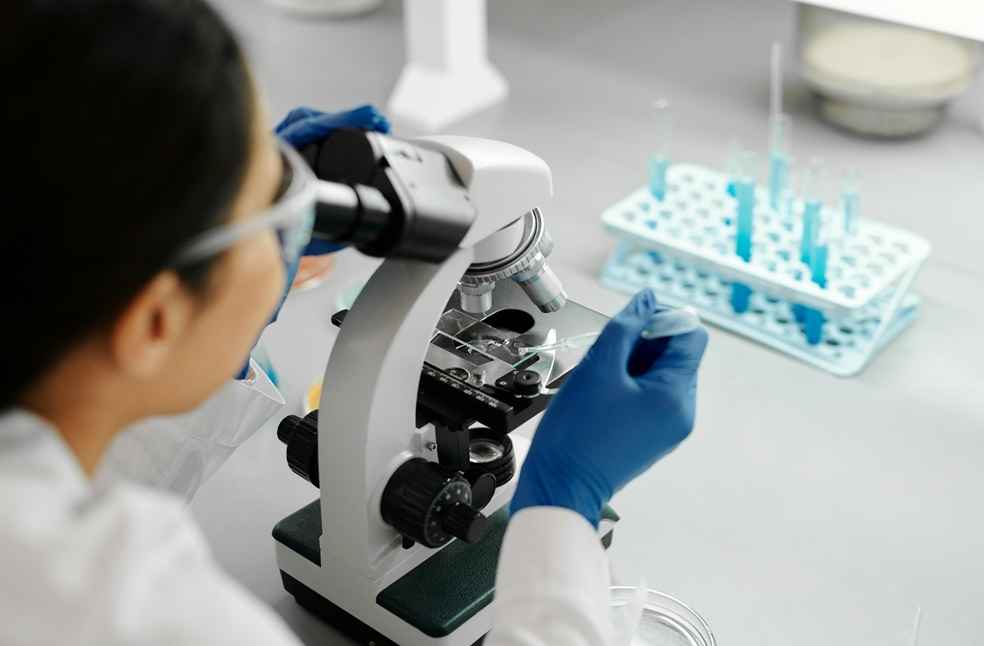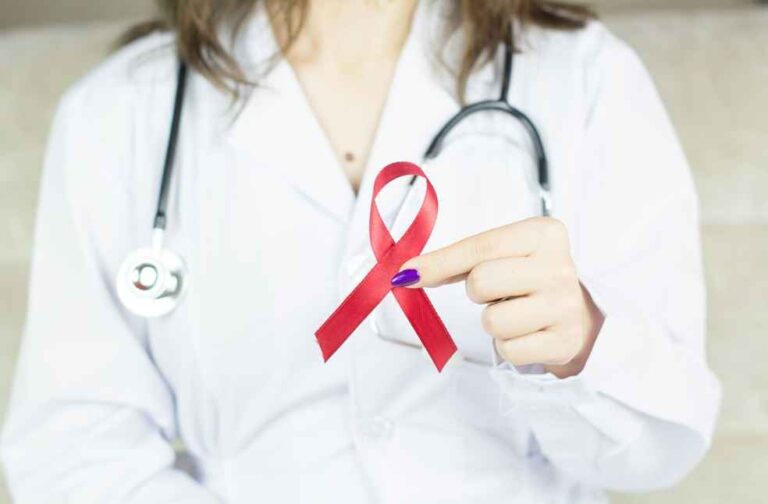Netherlands: Scientists from the Netherlands have claimed that they eradicated HIV from infected cells, using 2020 Nobel Prize-winning Crispr gene-editing technology.
The gene-editing tool, known as Crispr-Cas, effectively acts as scissors that can cut DNA at specific points, letting unwanted genes be removed or new genetic material be presented into cells.
According to the authors of the study, they aim to invent a vital and secure Crispr-Cas system that desires an all-inclusive HIV antidote for various HIV strains that are inactivated across different cellular contexts. In the Netherlands, researchers from Amsterdam University Medical Centre said that they formed a powerful attack against the virus in different cells and where it may be hiding.

They added in their statement that these findings represent an important step forward in developing a therapeutic strategy. Researchers are looking for ways to target HIV wherever it appears in the body since HIV can infect a wide range of cells and tissues.
Scientists presented their study at the European Congress of Clinical Microbiology and Infectious Diseases by focusing on parts of the virus that are similar across HIV strains. They noted that the process desires to deliver a broad-spectrum treatment capable of battling numerous HIV variants effectively.
The research demonstrates evidence of conception and the next phase involves optimising the delivery path to reach the majority of HIV reservoir cells. They expect to create a method that makes this system as safe as possible to achieve the right balance between efficiency and safety for forthcoming clinical applications.

“Only then can we consider clinical trials of ‘cure’ in humans to disable the HIV reservoir. While these preliminary findings are very encouraging, it is premature to declare that there is a functional HIV cure on the horizon,” the researchers added.
The latest figures from the UK Health Security Agency (UKHSA) show that HIV testing rates among heterosexual men and women in the United Kingdom fallen by a quarter of what they were before the COVID-19 pandemic. Heterosexuals recorded more new HIV cases than gay and bisexual men for the first time in a decade in 2020, and the numbers rose every year since.



